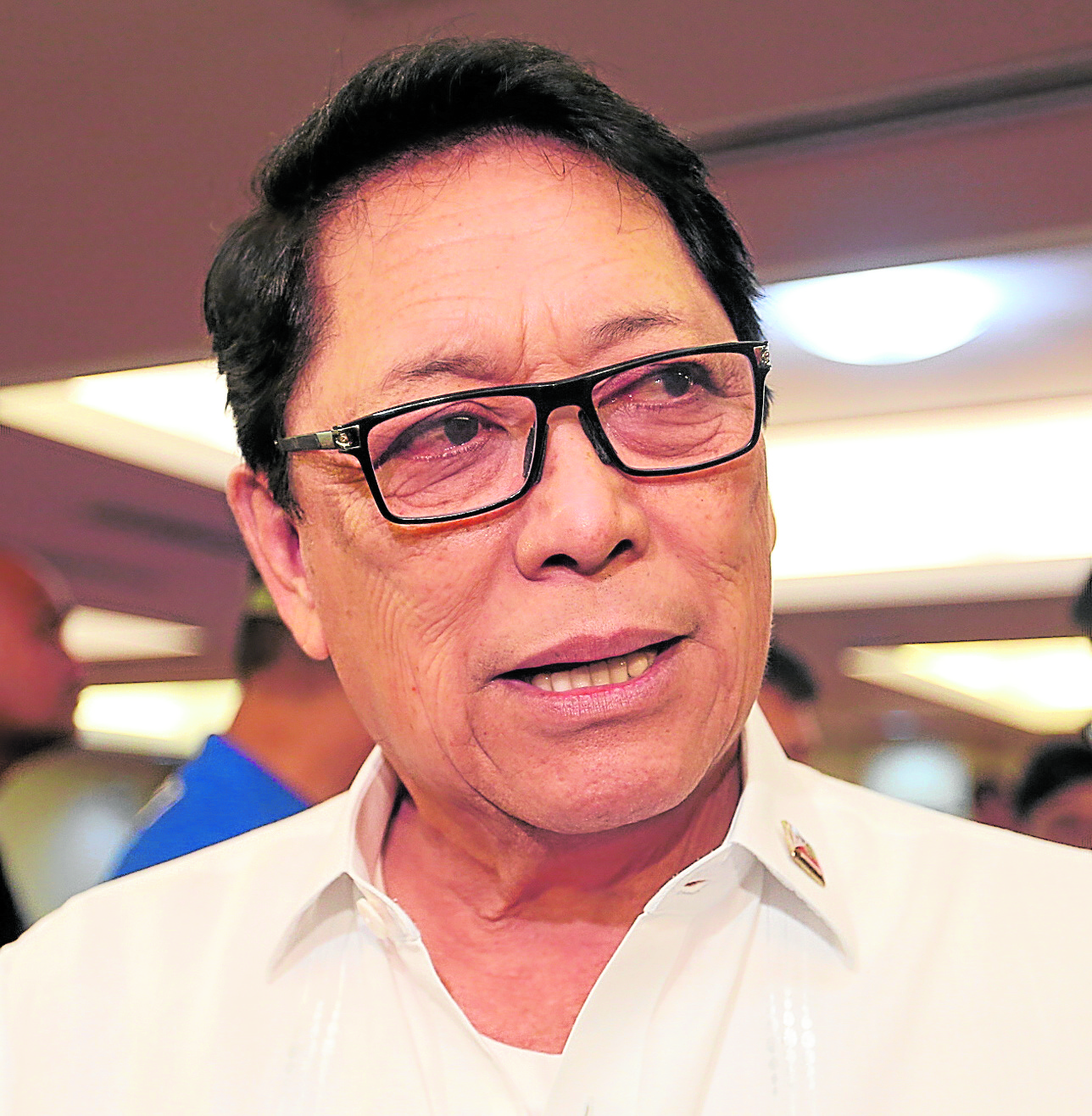Deployment of domestic helpers to Saudi Arabia suspended

Department of Labor and Employment Secretary Silvestre Bello. PHOTO BY EDWIN BACASMAS/FILE PHOTO
The Philippines has suspended the deployment of household workers to Saudi Arabia after a retired Saudi military general was able to hire overseas Filipino workers (OFWs) despite being a blacklisted employer, Labor Secretary Silvestre Bello III said on Saturday.
In a “very urgent” memorandum, Bello directed officials of the Philippine Overseas Labor Office (Polo) in Riyadh, Al Khobar and Jeddah to immediately stop the processing of employment documents of newly hired domestic helpers.
He also ordered the Philippine Overseas Employment Administration (POEA) to issue new employment guidelines to save OFWs from falling prey to abusive foreign employers.
Bello made the decision after labor attaché to Riyadh Fidel Macauyag sought a temporary deployment ban after retired Saudi Gen. Ayed Thawah Al Jeaid refused to release two distressed Filipino household workers on Sept. 27.
“The POEA and Polo need to come up with a new set of verification guidelines to prevent the abuse committed by [Al Jeaid],” Bello said in a statement.
Article continues after this advertisement“[He] was able to circumvent Polo and POEA rules on verification [process] by placing in the employment contract a pseudo [Saudi] employer when in fact, he was the real employer,” he said.
Article continues after this advertisementThe Polo in Riyadh also discovered that 16 Filipino domestic workers previously employed by the influential former general had complained that Al Jeaid failed to pay their salaries and had abused them physically.
It said five of the eight household workers who the retired general employed this year were repatriated on Sept. 2 while another one was taken to the Polo shelter.
“In view of [Bello’s] very urgent memorandum, verification of documents relating to recruitment of household service workers is hereby suspended effective immediately,” the POEA said in an advisory on Friday.
Bello said the government would now require Saudi employers to put their exact residential address in the contract that the OFWs would sign.
“Under the new verification guidelines, it’s not only the employer who is blacklisted, but also the address of the employer,” said the labor secretary.